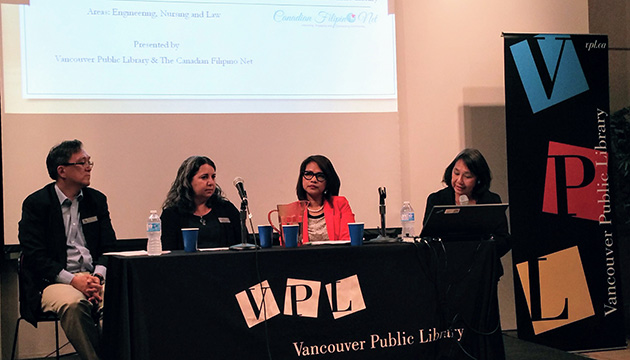February 16, 2024 — Transparency International, which defines corruption as the “abuse of entrusted power for private gain”, has released its latest Corruption Perception Index (CPI).
Canada ranked 12th place from 14th last year, and the Philippines ranked 115th place from 116th.
The Berlin-based anti-corruption group’s 2023 CPI scores 180 countries and territories, using a scale from 0 to 100, with 100 being very clean and 0 being highly corrupt.
Transparency International reported on January 30, 2024 that the CPI global average remains unchanged at 43 for the 12th year in a row.
Moreover, more than two-thirds of countries scored below 50.
“This indicates serious corruption problems,” Transparency International noted.
Canada scored 76 points out of 100, and secured 12th place in the top list of least corrupt countries.
The Philippines garnered 34 points out of 100 in the 2023 CPI, ranking 115th out of the 180 countries.
Transparency International has a country chapter in Canada, which issued a statement about the nation’s score and ranking.
“The good news: Canada has moved up to 76 points and 12th place after scoring 74 points and ranking 14th last year,” the Canadian chapter stated.
“The bad news: We have still not returned to the top ten least corrupt list that Canada consistently ranked in prior to 2019.”
The Canadian chapter noted that Transparency International’s analysis about higher-ranked countries like Canada point out that these nations “tend to have well-functioning justice systems, stronger rule of law, and political stability”.
“Ironically, these same factors make these countries magnets for corrupt actors from around the world to launder and invest their ill-gotten gains for safekeeping,” Transparency International Canada stated.
The global anti-corruption group has no chapter in the Philippines.
The Philippine ranking of 115th out of the 180 countries and territories on the list is a modest improvement from 116 th in 2022.
Transparency International reported that the Philippines (score of 34) and Thailand (35) “remain on the lower end of the spectrum” among members of the Association of Southeast Asian Nations.
“Across the ASEAN countries, Malaysia (50) remains above the regional average with robust elections alongside an anti-corruption commission that has delivered on high-profile cases over the last decade,” the group noted.
The Philippines has a raft of laws against corruption.
These laws include Republic Act No. 3019 or The Anti-Graft and Corrupt Practices Act, the main anti-corruption law in the country.
The Revised Penal Code also punishes bribery of public officials.
Another law, Republic Act 7080, which deals with plunder, penalizes a public officer who acquires ill-gotten wealth totalling at least 50 million pesos.
In his second State of the Nation Address on July 24, 2023, Philippine President Ferdinand Marcos Jr. stated that digitalization can be used to fight corruption in government.
“Government must fully embrace digitalization to provide better service to the people, through its vital frontline services and its back-end functions,” Marcos Jr. noted.
“Digitalization will support the government’s data-driven and science-based planning and decision-making. It is the greatest, most powerful tool, not just to improve the ease of doing business, but also against many forms of graft and corruption,” the Philippine president also said in his address.
Corruption is a huge concern among many Filipinos.
A June 2023 survey by Philippine polling firm Pulse Asia found that majority or 84 percent of Filipinos believe there is a need to strengthen national agencies, laws, and systems to fight corruption.
And they have identified the top three effects of corruption: loss of trust in government services and public officials, people’s attitude towards corrupt practicesnormalized, and inefficient service delivery.
The survey also revealed that if corruption is controlled, 40 percent of Filipinos believe it will be good for economic recovery and development. Another 23 percent said that it will improve the plight of ordinary citizens.













